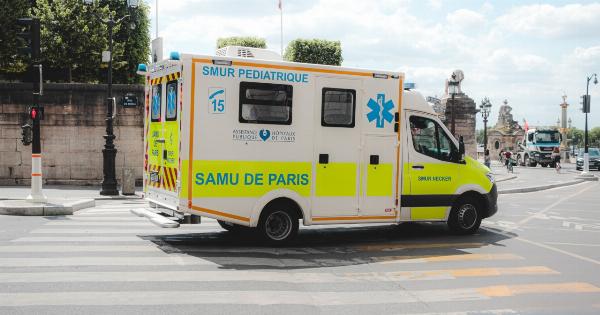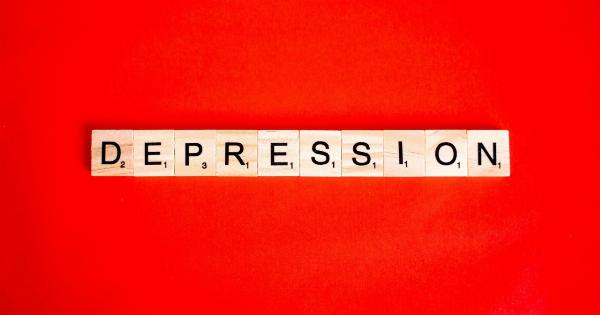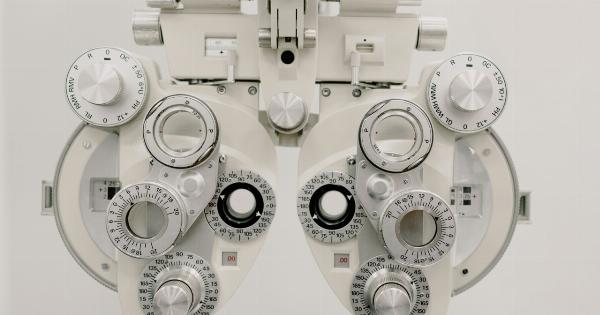Getting sick or meeting an accident can happen anytime, anywhere. It can come when you least expect it, causing chaos in your life. Emergencies can quickly empty your savings account and leave you with a pile of unpaid bills.
The worst part is, you can’t predict when something like this will happen. However, you can control the situation by being prepared and knowing which doctors to pay in an emergency.
1. Urgent Care Doctors
Urgent care clinics provide convenient, walk-in medical care to patients with an illness or injury that requires immediate attention but is not life-threatening.
These clinics charge an affordable fee in comparison to emergency rooms, which is why they are an ideal choice for those who can’t afford to pay costly medical bills. Additionally, most insurance providers cover urgent care services.
2. Primary Care Physicians
Your primary care physician is your first point of contact when you need medical attention. They are your go-to doctors for regular check-ups and the early detection of illnesses.
Having a primary care physician is essential in times of medical emergencies as they know your medical history, which helps them make an accurate diagnosis.
3. Specialist Doctors
If you’ve been diagnosed with a chronic medical condition that requires regular medical attention, you should have a specialist physician.
Specialists are doctors who have in-depth knowledge of a specific medical field, such as cardiologists, oncologists, and gastroenterologists. Visiting a specialist doctor ensures that you get the right diagnosis and treatment for your condition, even in emergencies.
4. Emergency Room Doctors
If you experience a life-threatening medical condition, such as a heart attack or severe bleeding, you should head straight to the emergency room.
Emergency room doctors provide critical care to patients with acute medical conditions that require immediate attention. However, the emergency room is notorious for charging unnecessarily high fees, which can cause major financial strain for the patient.
5. Telemedicine Doctors
Telemedicine is a modern concept that allows patients to receive medical consultations and treatments through the internet.
Telemedicine doctors provide quick diagnosis and treatment without the need for an in-person visit, which can be highly beneficial in emergencies. It is more affordable and saves time for both the patient and the doctor.
6. Pharmacist
Although pharmacists are not doctors, they play a vital role in healthcare, especially in emergencies. Pharmacists can provide valuable advice on the right medication for your illness and can also give guidance on how to take your medication.
They can help you avoid medication errors, drug interactions, and side effects. If you experience a medical emergency, a pharmacist can answer your questions and recommend over-the-counter medications that can relieve your symptoms until you can see a doctor.
7. Dental Emergency Doctors
When we talk about emergency doctors, we often forget about dental emergencies. However, dental emergencies can be quite painful and require immediate attention.
Dental emergency doctors provide treatment for dental problems such as broken teeth, severe toothache, and gum swelling, which cannot wait for your regular dental appointment. Some insurance policies cover emergency dental services.
8. Mental Health Professionals
In emergencies, it’s not just physical health that can be affected. Mental health can also take a hit. If you experience a mental health emergency, you need to see a mental health professional immediately.
Mental health professionals such as therapists, psychiatrists, and psychologists can help you with diagnosis, treatment, and management of mental health issues such as anxiety, depression, and PTSD.
9. Acupuncture Specialists
Acupuncture is an ancient Chinese treatment that uses needles to stimulate the body’s healing mechanisms. Acupuncture specialists can help treat conditions such as chronic pain, anxiety, hypertension, and migraines.
In emergencies where traditional medical treatments have not worked, acupuncture can provide an alternative form of treatment.
10. Chiropractors
Chiropractors specialize in musculoskeletal disorders and primarily use spinal adjustments to treat a variety of musculoskeletal problems such as back pain, neck pain, and headaches.
In emergencies, chiropractors can help with pain relief and proper alignment of the spine, which can be beneficial for recovery.
Conclusion
Medical emergencies can be challenging both physically and financially. However, knowing which doctors to pay in an emergency can save you a lot of money and stress.
It’s essential to have a plan in place and know which doctors to see when you need medical attention. Seek immediate medical attention if you experience a life-threatening emergency, and don’t forget to check your insurance policy for coverage.




























